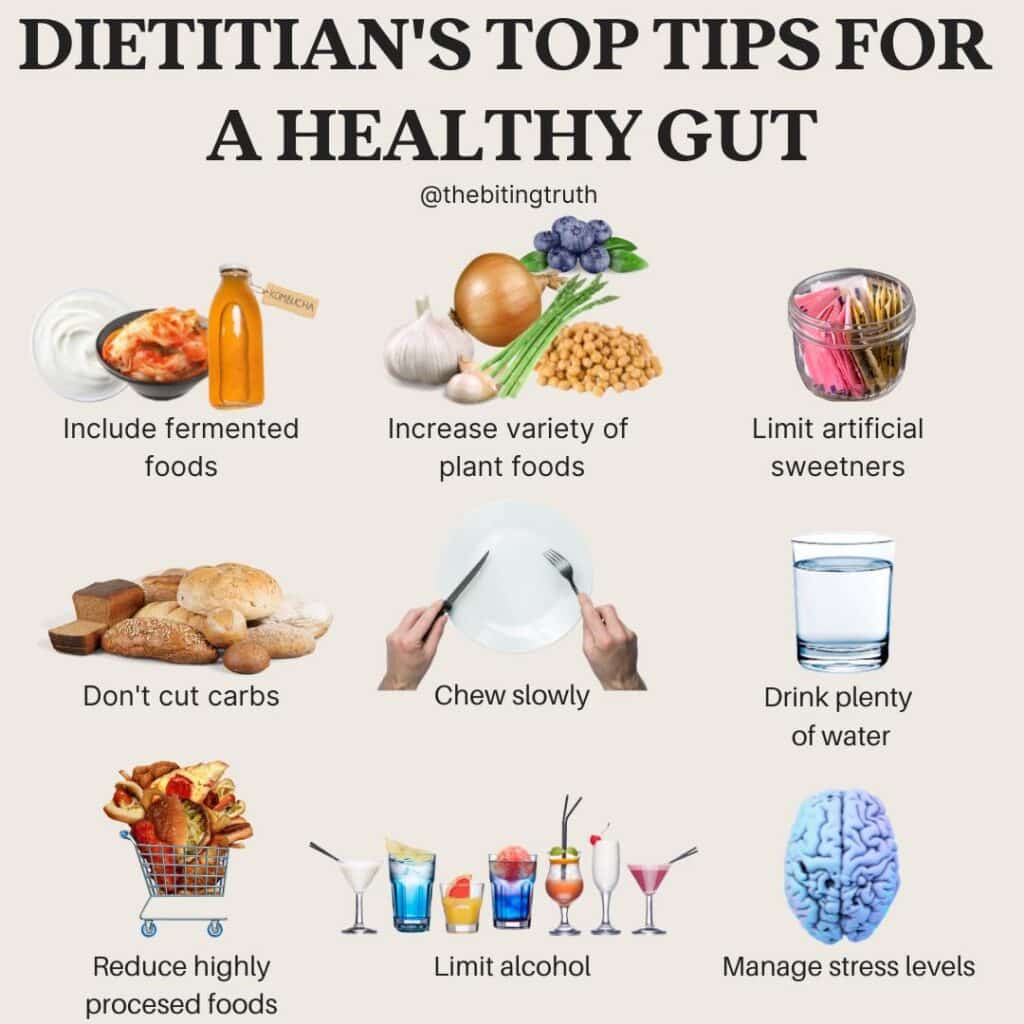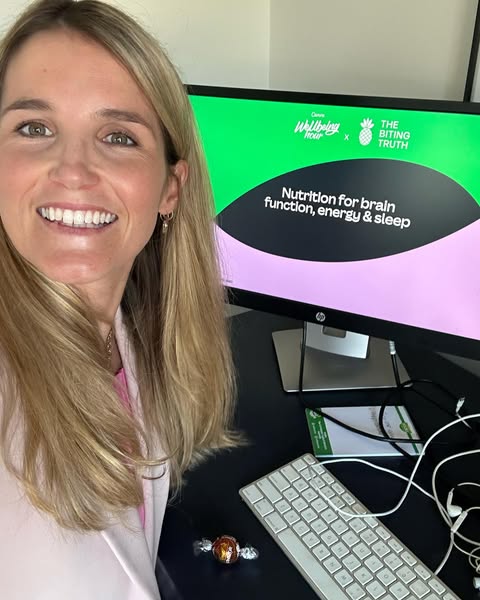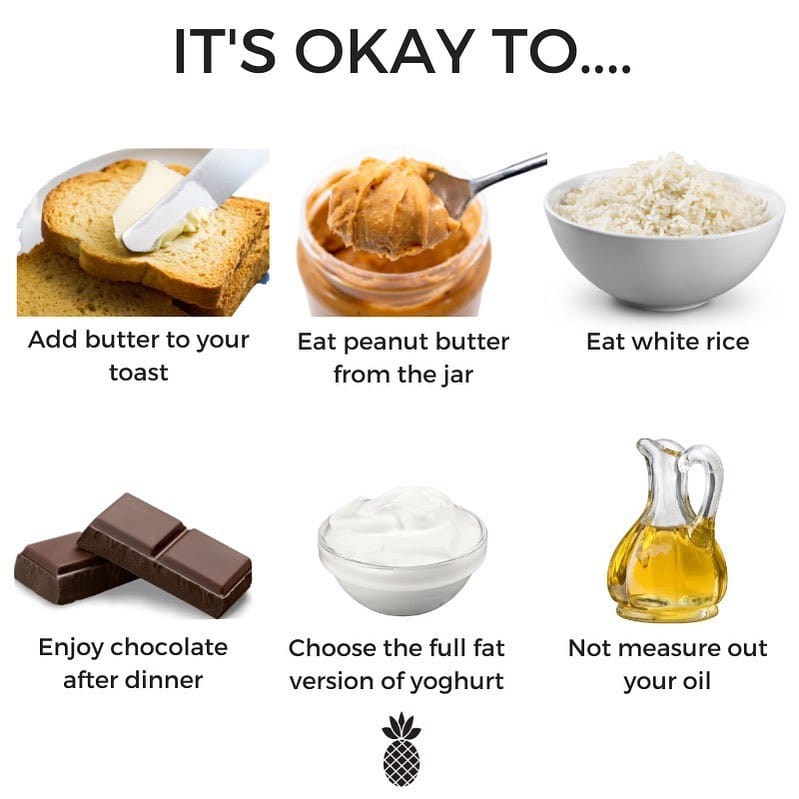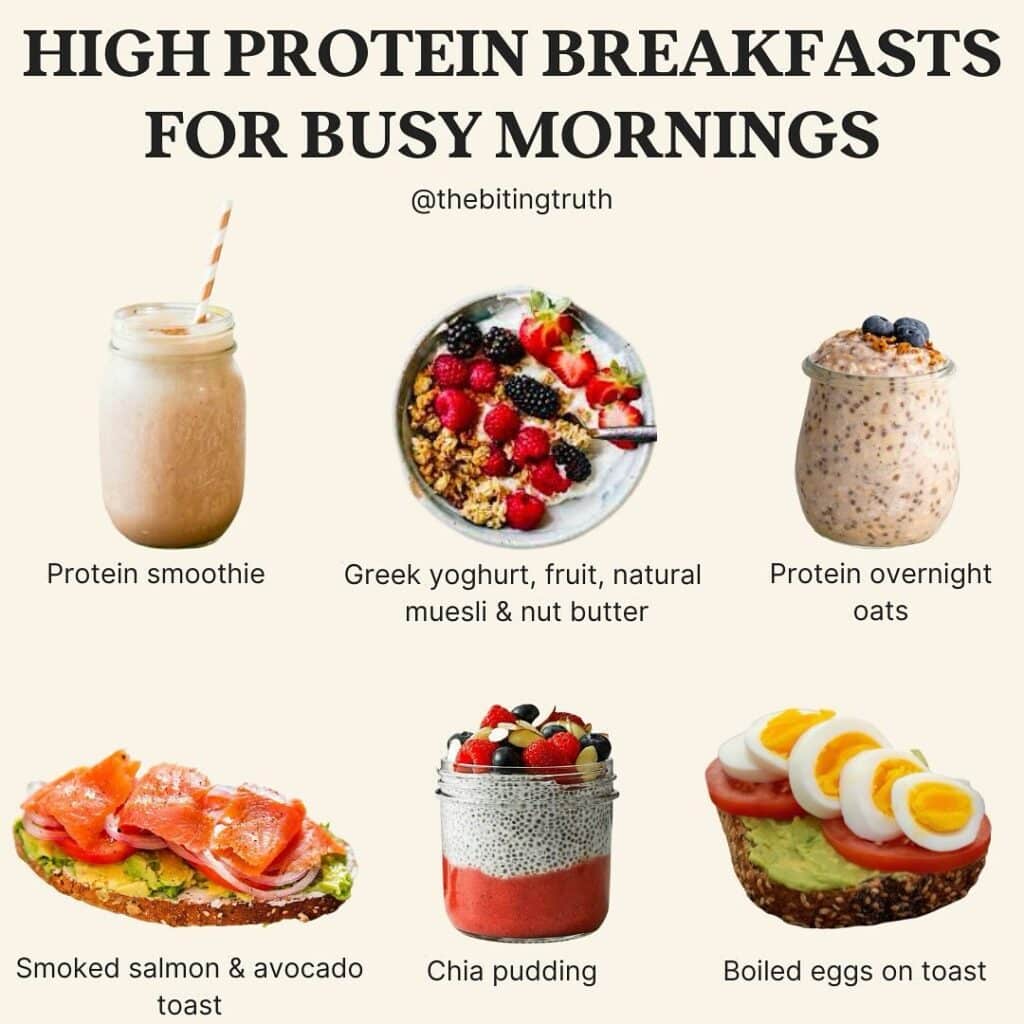Eating a healthy diet is not only important for your physical health and mental wellbeing, but your concentration and productivity too.
A healthy, well-balanced diet can help us think clearly and feel more alert. It can also improve concentration and attention span.
Conversely, an unhealthy diet can lead to fatigue, impaired decision making, and can slow down reaction time. In fact, a poor diet can actually aggravate, and may even lead to, stress and depression.
Eating a diverse, nutrient-rich diet can be protective of your brain and mood.
Here are some of the best foods to boost concentration and energy levels so that you can eat your way to a happier, more productive you!

Salmon is a rich source of omega-3 fatty acids, protein and B vitamins. Omega-3 intake has a favourable effect on memory, mood and immunity. Our bodies don’t produce omega-3 so it’s essential you get it from your diet. In addition to salmon, foods such as flax seeds, walnuts and eggs are all omega-3 rich and great for improving concentration and motivation.
Some tasty ways to incorporate salmon into your diet:

What a powerhouse of nutrients the humble egg has to offer. The yolk is packed with goodies such as choline, which is necessary for the creation of memory cells – so ditch those egg white omelettes! Eggs also contain protein (important for growth and development), iron (needed for cognitive function) and vitamin A (important for memory and neuroplasticity).
Some tasty ways to incorporate eggs into your diet:

Bananas may be one of the best foods for energy. They are an excellent source of carbohydrates, potassium and vitamin B6, all of which can help to boost your energy levels. They’re high in fibre, meaning they help to sustain energy levels, which is important for optimal brain functioning and concentration.
Some tasty ways to incorporate bananas into your diet:
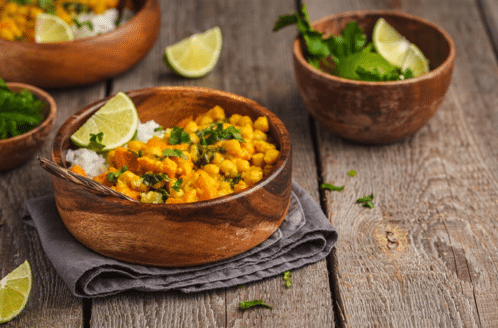
Chickpeas are a good source of tryptophan, an amino acid that’s necessary for making proteins and other importance molecules in your body, including some that are essential for optimal sleep and mood. They’re also rich in prebiotics (a type of fibre), which feed your good gut bacteria. We’re increasingly understanding that the gut is a key driver of health, including mental health, so a high fibre intake is very important.
Some tasty ways to incorporate chickpeas into your diet:
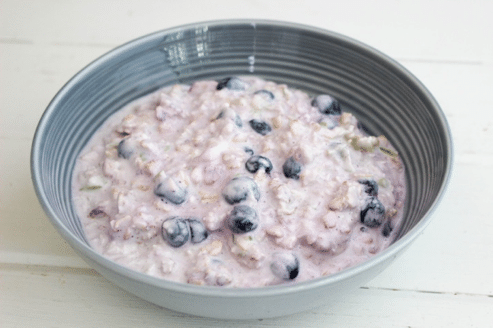
All yoghurt is rich in protein, however Greek yoghurt is particularly high. Adding it to meals or enjoying it as a snack can be a great way to satisfy hunger and stabilise blood sugar levels throughout the day. Yoghurt is also rich in probiotics, the same helpful bacteria found in your gut, which are essential for optimal gut functioning and may have mood-enhancing benefits.
A diet that includes probiotics helps to increase the richness and diversity of our gut bacteria, to maintain healthy gut function and support brain functioning.
Some tasty ways to incorporate Greek yoghurt into your diet:

Coffee contains caffeine, which studies have found can help increase alertness, attention and concentration. Having a cup of coffee before a meeting or starting a project can help sharpen your mind. But getting the energising effects of caffeine is a balancing act. Too much can make you jittery, anxious, irritable and can cause insomnia.
It’s generally recommended adults have no more than 400mg of caffeine a day. This is equivalent to around 4 cups of coffee, though this recommendation also includes caffeine from tea, energy drinks and chocolate.
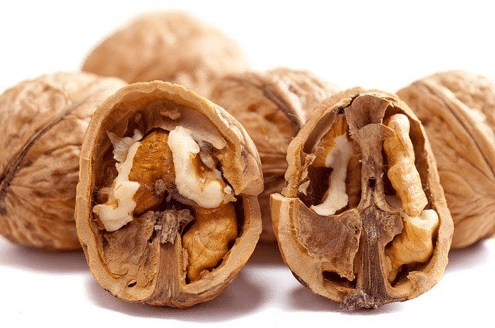
A nut that looks like a brain must be good for our brain! Walnuts are one of the few plant sources of omega-3 fatty acids, which are beneficial for brain development and cognitive function. They’re also high in zinc, which is essential for brain function and mental wellbeing.
Some tasty ways to incorporate walnuts into your diet:

Pumpkin seeds are an excellent source of magnesium, iron, zinc and copper. Zinc and copper play a crucial role in brain signalling and deficiencies have been linked to many neurological conditions such as Alzheimer’s disease and depression. Magnesium is essential for learning and memory, while iron has the crucial role of delivering oxygen to our brain.
Some tasty ways to incorporate pumpkin seeds into your diet:
—
Notes
